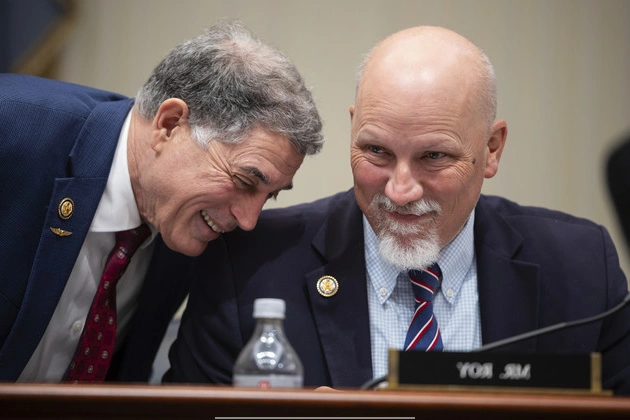
House Republicans have made significant changes to the Medicaid section of the GOP megabill in recent amendments, aiming to satisfy conservative hard-liners. One key adjustment is moving up the start date of Medicaid work requirements from Jan. 1, 2029, to Dec. 31, 2026, in response to calls for deeper cuts to the program.
Accelerated Work Requirements
The proposed work requirements, which were part of the previous bill, are projected to generate nearly $280 billion in savings, the highest among policies under the House Energy and Commerce Committee’s purview. By advancing the implementation timeline, additional savings of tens of billions of dollars could be realized, although it may also lead to more people losing coverage.
Controversial Omissions
Notably, the revised bill does not include contentious changes that hard-liners had advocated for, such as altering the federal funding structure of the Medicaid program. Moderates had expressed concerns about potential cuts to benefits, prompting House Speaker Mike Johnson to reject those alterations.
Conservative Concessions
However, the new amendments offer other concessions to conservatives. For instance, the criteria for states at risk of losing federal payments for providing coverage to undocumented individuals would be expanded. Additionally, there is a provision to prohibit coverage of gender-affirming care for adults, extending beyond the initial proposal limited to minors.
Projected Impact
The Congressional Budget Office estimates that the earlier version of the bill could result in 7.6 million Medicaid beneficiaries becoming uninsured, along with millions more losing coverage from the Affordable Care Act marketplace. The updated bill is expected to exacerbate these coverage losses further, with potential savings of nearly a trillion dollars over a decade in the Energy and Commerce segment.
Incentivizing State Decisions
Another noteworthy change introduced by the amendments involves incentivizing states to refrain from expanding their Medicaid programs post-legislation. This measure aims to provide financial incentives for states not to extend coverage to individuals with higher incomes close to the poverty line, offering higher payments to healthcare providers for uncompensated care.
Legislative Negotiations
During discussions at the White House, hard-liners, including Rep. Chip Roy of Texas, advocated for these provisions to be included in the bill. While some changes were accepted, others, like alterations to the Medicaid state provider tax, were not pursued further.
Final Considerations
Overall, the revised bill addresses key concerns of conservative factions, such as the accelerated Medicaid work requirements and expansion criteria adjustments. Additionally, it reinstates cost-sharing reduction payments to insurers on Obamacare exchanges, potentially reducing premiums and co-pays for patients.
It is crucial to monitor further developments and reactions to these revisions as they progress through the legislative process.











